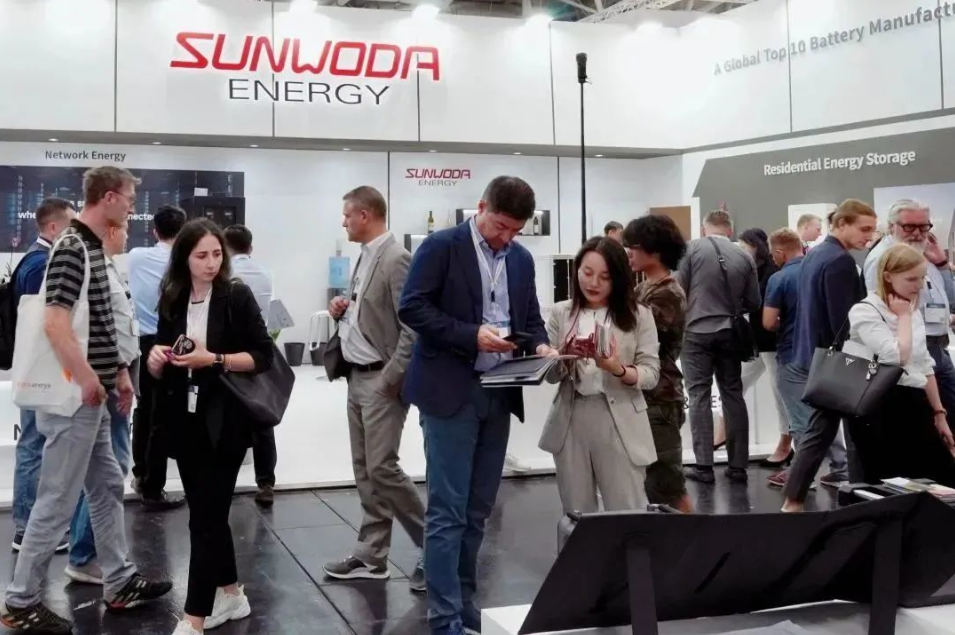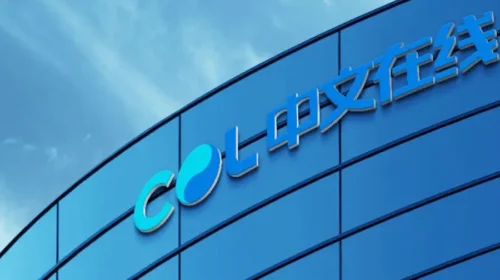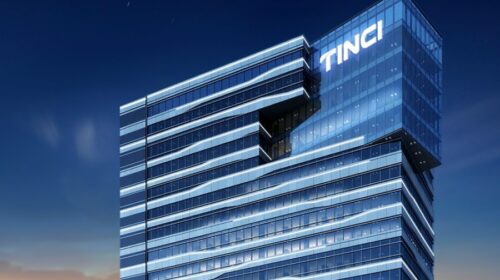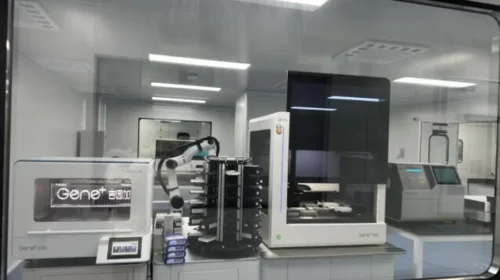In EV battery race, Sunwoda boasts edge with profitable consumer business

The company has filed for a Hong Kong IPO, seeking new funds to support development of its EV battery business
Key Takeaways:
- Sunwoda is seeking funds from a Hong Kong IPO to survive China’s brutal EV battery price wars that are squeezing its profits
- The company’s EV battery segment is losing money despite growing, as it relies on its older consumer electronics batteries to stay profitable
By Hugh Chen
CATL and BYD are kings of China’s electric vehicle (EV) battery market, leaving breadcrumbs for a long list of second-tier players to fight over. A life-and-death period is shaping up for that group, as a brutal price war threatens to wipe out many – a common theme in numerous emerging Chinese sectors plagued with overcapacity.
In such a challenging environment, companies are scrambling for the funds they will need to survive the building shakeout. Such capital is critical not only to keep operating, but also to keep innovating in a fast-moving sector where customers only want the latest technology.
One such player hoping to survive the shakeout is Sunwoda Electronic Co. Ltd., which aims to tap global investors for cash with a planned IPO. Last week the company filed a preliminary prospectus for the listing in Hong Kong, just weeks after first revealing its intentions.
Sunwoda hopes to capitalize on recent strong sentiment in Hong Kong’s IPO market, which has heated up as a series of Chinese firms already listed on domestic A-share markets in Shanghai and Shenzhen launch secondary listings. Sunwoda would follow in the footsteps of CATL (300750.SZ; 3750.HK), which made headlines when it raised $4.6 billion in May — the largest IPO globally this year.
Sunwoda hasn’t disclosed how much it plans to raise just yet. But its hiring of A-list underwriters Goldman Sachs and Citic Securities implies a sizable IPO – almost certainly worth more than $100 million, based on typical deals conducted by those two banks.
EV push
Brothers Wang Mingwang and Wang Wei founded Sunwoda in the southern boomtown of Shenzhen back in 1997, at a time when EVs were still mostly on the drawing board. Similar to EV giant BYD (1211.HK; 002594.SZ), also based in Shenzhen, Sunwoda began as a manufacturer of batteries for consumer electronics. It has since become among the top players in that segment, ranked as the world’s top mobile phone battery manufacturer since 2020. While most people don’t realize it, Sunwoda batteries are an integral part of most major consumer electronics today, used in brands from Huawei to Philips.
The company entered the EV battery arena in 2014 after establishing a unit focused on power batteries. It arrived relatively to the space, with many peers like CATL, which entered the business in 2008, having entered a decade earlier.
But rapid development of China’s new energy vehicle sector has provided Sunwoda with ample opportunity for rapid growth. Revenue for its EV battery segment rose to 15.1 billion yuan ($2 billion) in 2024, up from 12.7 billion yuan in 2022, according to its listing document. The EV segment has outpaced the company’s overall growth, rising to 27% of its total revenue last year from 24.3% in 2022.
The company supplies batteries to many of China’s major EV makers, including Li Auto, Xpeng, Leapmotor, GAC, SAIC, Renault and Nissan, according to the listing document. Despite boasting such an extensive client list, however, local media reported that a large share of its shipments – 40% last year – went to a single customer, namely, Li Auto.
CATL and BYD together controlled 67% of China’s EV battery market in terms of installed capacity during the first five months of this year, according to SNE Research. Sunwoda ranks seventh with 2.87% of the market, crowded together with list of lesser-known second-tier peers like China Aviation Lithium Battery (3931.HK), Gotion High-tech (002074.SZ), EVE Energy (300014.SZ), and Svolt Energy Technology, which control anywhere from 2.99% to 6.26% of the market.
Sunwoda’s long history and prominence in consumer electronics has helped it stay comfortably in the black – something most of its peers can’t say. The company has been profitable every quarter over the past decade, according to Chinese data compiler Wind. It continued that tradition in the first quarter of 2025, when it again reported a net profit of 387 million yuan, up 21% year-on-year, on revenue of 12.3 billion yuan.
However, don’t be misled by these numbers. The company’s profitability largely reflects the strength of its traditional consumer battery segment, which had a 20.2% gross margin in the first quarter of this year. By comparison, its EV battery business had a far lower comparable margin during the period at just 12.9%.
Sunwoda’s Hong Kong listing document didn’t say just how much its EV battery segment is losing. But according to documents filed with the Shenzhen Stock Exchange when it attempted to spin off its EV battery business for a Shenzhen listing, the segment lost money from 2020 to 2023, including a 1.56 billion yuan loss in 2023. The company ultimately put the brakes on the spinoff after failing to meet the Shenzhen bourse’s profitability requirements.
Such loss-making certainly isn’t exclusive to Sunwoda. Many of its peers haven’t broken down losses for their EV battery segments, but their financial reports show equally low, if not lower, profit margins. For example, EVE Energy, which is also seeking a secondary listing in Hong Kong, had a 14.2% gross margin for its EV battery segment in 2024 – only marginally better than Sunwoda’s 12.9% for the first three months of this year.
Such razor-thin margins are largely the result of a price war, exacerbated by pressure from massively money-losing EV makers engaged in their own price wars as they fight to maintain sales in a race for survival.
As part of its expansion strategy, Sunwoda has said it plans to accelerate its overseas development. Such a strategy looks prudent given the increasingly saturated state of China’s EV market, though Sunwoda is hardly the only company pursuing such a path. The company hasn’t disclosed overseas revenue for its EV battery business, though its overall overseas sales accounted for 40% of its revenue in the first quarter of this year.
The company is already pursuing an international manufacturing presence with a major overseas investment taking shape in Thailand. In March, local authorities approved construction of its massive battery cell production base in Chonburi province, involving an investment of over 10 billion yuan across two factories.
Moving forward, the EV battery market will remain Sunwoda’s major growth focus, with its more mature consumer battery segment providing the financial foundation to fund continued expansion. However, the company may need to find another approach besides competing on price to stay in the EV battery race. Instead, it needs to ramp up product development investment to create differentiated technology that can command premium pricing and isn’t easily copied by its rivals.
While overseas expansion is crucial, the company must also control the pace carefully to avoid overextending itself financially while its domestic EV battery business remains unprofitable. It has a big advantage over many of its rivals with its profitable consumer battery business, which allowed it to build up a war chest of more than 10 billion yuan in cash at the end of March. Now, its future success will depend on striking the right balance between developing its EV business to become profitable, and maintaining operational discipline to avoid running low on cash.
To subscribe to Bamboo Works weekly free newsletter, click here






